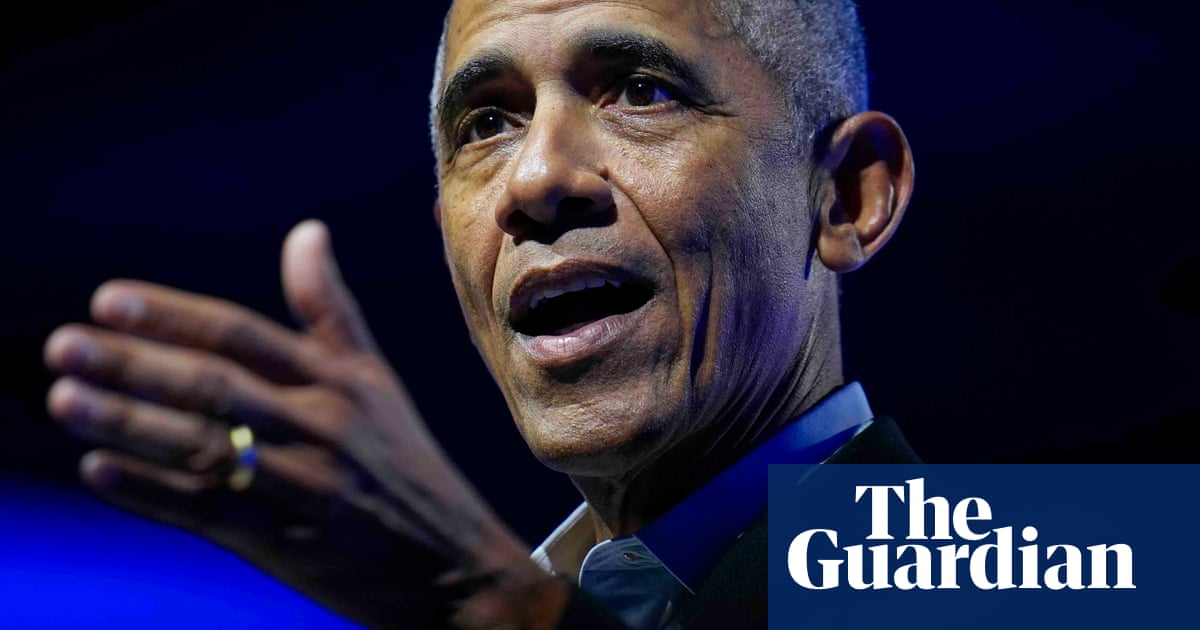Barack Obama has warned that Congress is putting millions of Americans at risk of losing healthcare coverage, in a rare intervention from the former president as the Republican party advances legislation that would gut major provisions of the Affordable Care Act.
“CongressionalRepublicansare trying to weaken the Affordable Care Act and put millions of people at risk of losing their health care,” Obama posted on social media. “Call your Senators and tell them we can’t let that happen.”
The Republican bill, passed by the House last month and now in the Senate, would strip healthcare coverage from 10.7 million Americans over the next decade – the biggest reductionsince the party’s failed attemptto repeal Obamacare in 2017. Unlike that effort, Republicans are not branding this as repealing the act, but have instead buried the cuts in legislation to extend Trump’s tax breaks.
About 7.6 million people would lose Medicaid coverage and 3.1 million would lose marketplace insurance plans, according to estimates from theCongressional Budget Office. The changes would cut more than $800bn over 10 years to help fund the tax cuts.
The legislation would force states to verify Medicaid eligibility every six months instead of annually; implement work requirements demanding 80 hours of monthly employment; and shorten enrollment periods, all which could overburden the system.
Most Medicaid recipients already work, with just 8% of healthy working-age adults unemployed and not in education or providing care,according to KFF research. The work requirements alone would account for a third of coverage losses.
The developments even have some Republicans bothered, including the Missouri senator Josh Hawley, who in mid-Maycalled the cuts“morally wrong and politically suicidal” in an opinion piece for the New York Times.
The bill would also restore federal payments to insurers that reduce costs for low-income customers – but only if they refuse to cover abortions, causing problems for the insurance industry in the 12 states plus Washington where abortion coverage is mandatory. AHIP, the largest insurer trading group,told Politicothere would be “immediate instability” if the changes proceed, particularly combined with expiring pandemic-era premium subsidies that help 4 million people afford coverage.
The healthcare cuts are driven by Republicans’ determination to extend Trump’s expiring tax cuts. Enrollment in Medicaid, the children’s health insurance program and the ACA marketplaces has grown from about 85 million Americans in 2017 to more than 100 million today, with annual spending rising from roughly $550bn to over $900bn annually.
Republicans insist they are targeting fraud and waste, though fraud detection units would receive no new funding under the bill. Trump told NBC: “They’re looking at fraud, waste and abuse. And nobody minds that.”
